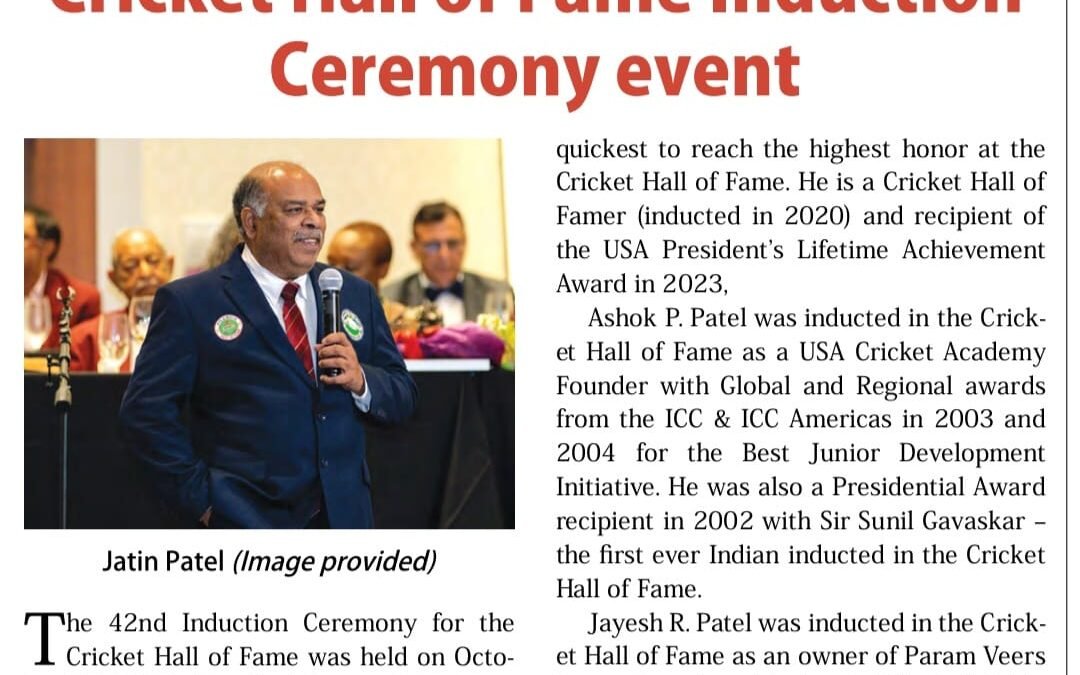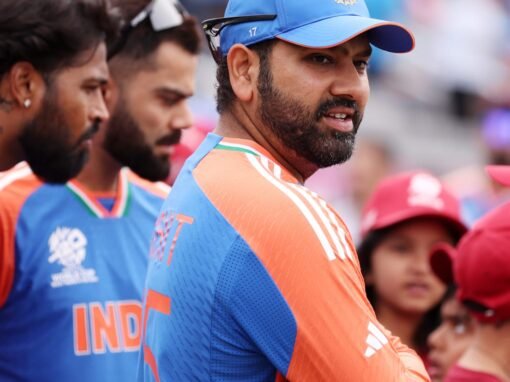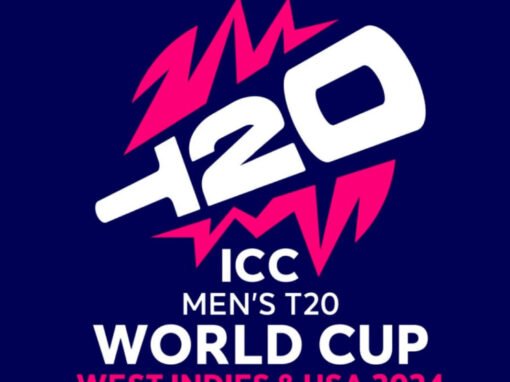Report of the ICEC, The Independent Commission for Equity in Cricket.
This is a summary by Dennis Heath, for the benefit of Listeners of the Cricket Show USA.
CHAPTER 1, OVERVIEW, and INTRODUCTION.
The ICEC was established in March of 2021.
EXECUTIVE SUMMARY. Cricket is loved by millions across the planet. Cricket connects friends, family, team, club, and community. It is a thrilling sport that brings joy to many, whether on the street, the beach, in a garden or on the village green.
Opportunities exist for players on the personal and professional level. Cricket builds leadership and teamwork skills and offers the opportunities to build lifelong friendships while improving health. This game is played in many formats and in many countries, and the ultimate accolade is achieved when a player is selected to represent their country in an international competition.
While cricket is a game for everyone, many prospective players are denied opportunities to play and participate due to racism, sexism, elitism, and class-based discrimination. There is evidence of history within the culture and institutions of English and Welsh Cricket that has resulted in tensions and social conflicts.
This report is unusual in that it begins with a focus on the historical context of many unspoken assumptions inherited from the past in England and Wales. The existence of widespread forms of structural and institutional racism, sexism, and class – based discrimination, have resulted in opportunities for some to succeed and thrive while others are left behind.
This report does not say that every individual, nor every individual institution in cricket discriminates. Neither does it say that the discrimination identified is deliberate. What we are saying is that collective failures within the sport of cricket in England and Wales does not encourage equality of treatment and opportunities for certain people based on their race, gender, or class.
Following public revelations of racism and discrimination within the sport, concerns have grown due to the failure of administrative leadership to address the concerns. And so, the independent Commission for Equity in Cricket (ICEC) was established.
The commission believes that the England and Wales Cricket Board (ECB) is deserving of credit for their actions in creating the ICEC to investigate the problems around the issues. And the ICEC notes that the identified problems are indicative of deeply rooted societal problems that are not unique to cricket.
The ECB leadership since 2018 has achieved meaningful change that is deserving of support on a wider scale as it continues the journey towards achieving equity in cricket. The commission cites references identifying the economic and social costs of missed opportunities to individuals, organizations, and society, including the effects on mental and physical health due to discrimination and inequality within the game (cricket).
The commission focused on race, gender, and class. Based on preliminary investigations into improving equity in cricket. However, the beneficial consequences for other marginalized groups will be an important outcome also. The commission found that people’s experiences within the sport was based on their socio-demographic and socio-economic profile and disadvantages linked to gender, race and class can have a cumulative effect.
The evidence also showed the prevalence of an elitist and exclusionary culture within English and Welsh cricket. This culture is partly enforced through the dominance of private school networks within cricket talent pathways, in addition to other discriminatory practices and policies. It is the assessment of the commission that the extent, frequency, and seriousness of behaviors described, reveals a culture in which overt discrimination often goes without serious challenge. Behaviors that are racists, misogynistic, homophobic and ableist comments, and a drinking culture that risk unwanted or unwelcome behavior and alienating others due to religious and cultural beliefs.
The commission recognizes that different parts of England and Wales will have different challenges. Therefore, our conclusions may not always resonate with the experience in every part of the country. We have not examined regional differences in detail. And we would urge the ECB and the wide game to consider this as they implement our recommendations.
Another Review by THE GUARDIAN
https://www.theguardian.com/sport/2023/jun/27/icec-report-key-findings-recommendations-cricket-ecb






